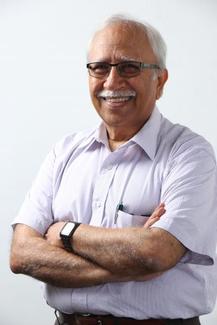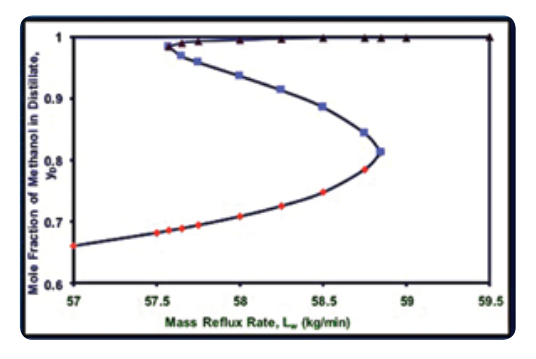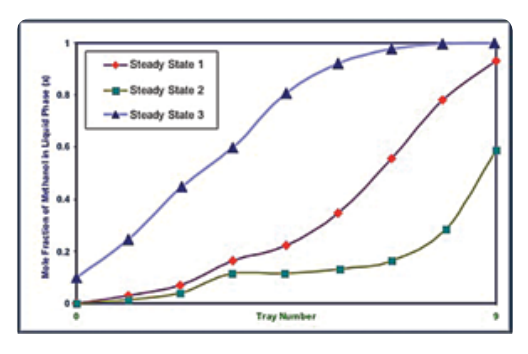Ranjan Kumar Malik
Emeritus Fellow
Professor

12, Computer-aided Design Centre (CAD)
Emeritus Fellow
Professor
Indira Manudhane Applied Research Project Award IIT Bombay 2005
Best Paper Award (Modeling & Simulation Theme - Poster Session) in Conference on Distillation and Absorption at Imperial College London UK 2006
Excellence in Teaching Award IIT Bombay 2007 ( Awarded on Teachers' Day during Golden Jubilee Celebrations of IIT Bombay)
Indira Manudhane Best PG Teacher Award Chemical Engineering Department IIT Bombay 2008
Life Time Achievement Award IIT Bombay 2016


He has provided extensive support to Indian Process Industry in various aspects of Process Systems Engineering through consultancy and customized software development. For the Fertilizer Industry, rigorous mathematical models of various reactors in Ammonia Process (namely, Primary Reformer, Secondary Reformer, Shift Converters, Methanator, Ammonia Converter), and also of Urea Reactor, have been developed and implemented in commercial simulators for several operating plants in India. The mathematical models of ammonia converters have been developed using the building block approach so that these can be easily customized for a variety of configurations. The models have been tested on Topsoe converters (Radial Bed) as well as Casale converters (Axial-Radial beds). For refineries and petrochemical plants, simulation based assistance has been provided through projects on front-end design studies, debottlenecking studies, and design verifications.